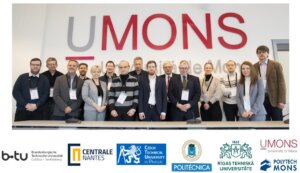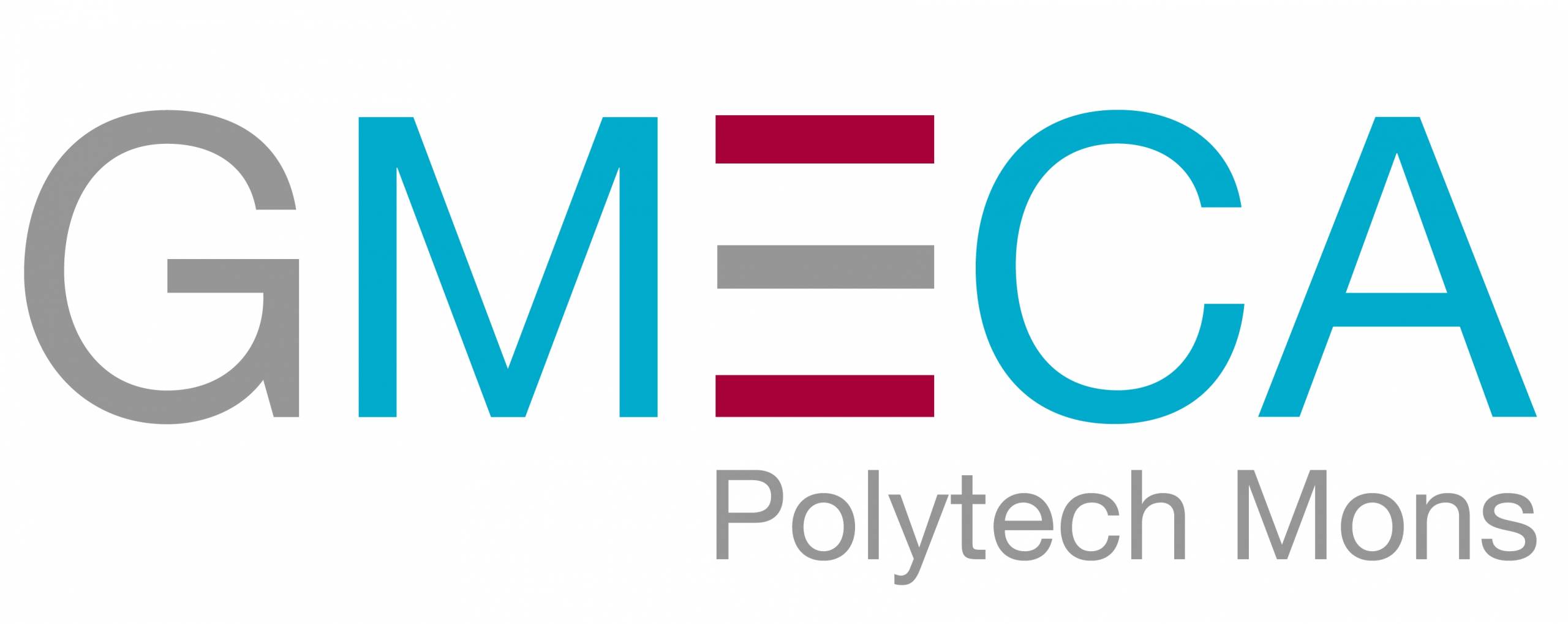Time2Go4.0 : Collaborative design projects for 4.0 and sustainability
Such complex tasks benefit a lot from a collaborative work in teams where experience and ideas may be exchanges and skills shared.
The training of engineering students with respect to product design and management of production systems is challenged with technological and societal breakthroughs:
- industry 4.0 has induced fundamental changes into industrial practices, regarding performance of their assets;
- the sustainability development objectives have emerged as the major worldwide outcome; they are integrated more and more in the engineering curricula.
Project-based learning in engineering is not new: most of product design projects still rely on a strong “classical” technological basis (selection and dimensioning of elements, manufacturing constraints, performance analysis, …). Multidisciplinary approaches for complex systems have emerged to include additional aspects as market analysis, industrial design, team management in the concurrent design process.
Internationalisation of research and development activities have shown the interest for blended activities where some tasks are performed at distance, some others during face-to-face meetings.
The teaching methods have been turned upside down with the coronavirus pandemic: project-based learning with distance constraints has demonstrated limits but also a new perspective with the need to be more focused on this mode of interaction as telework will not be the exception from now.

To contribute to this objective, a limited group of labs involved in mechanical design,, supported by the T.I.M.E. association, is willing to collaborate onto the following objectives:
- identification of new skills and original training activities for master’s students in this new context
- organizing design challenges on basis of industrial proposals with possible different training activities
offer of internships in university labs to support research profiles as well.

